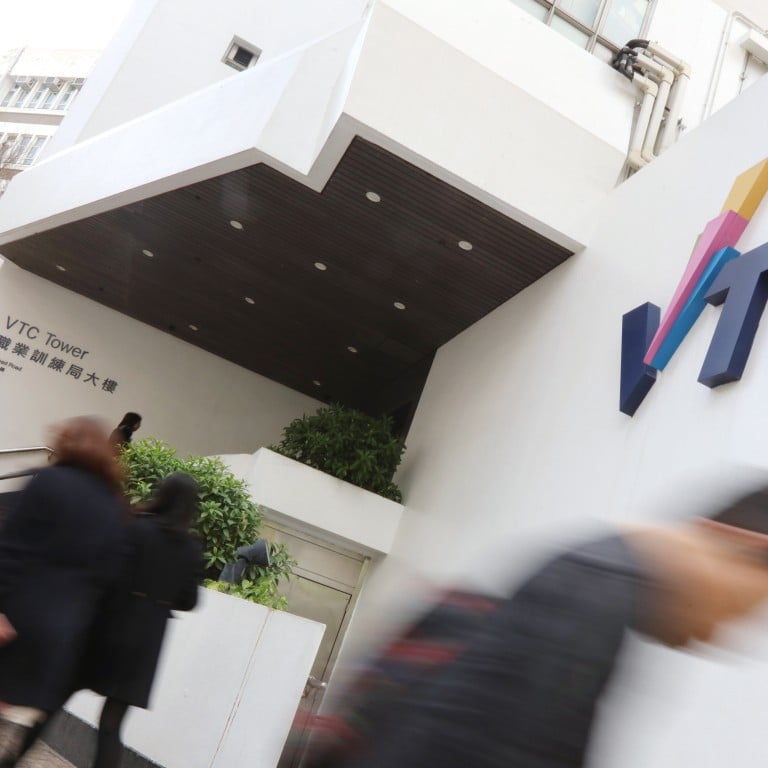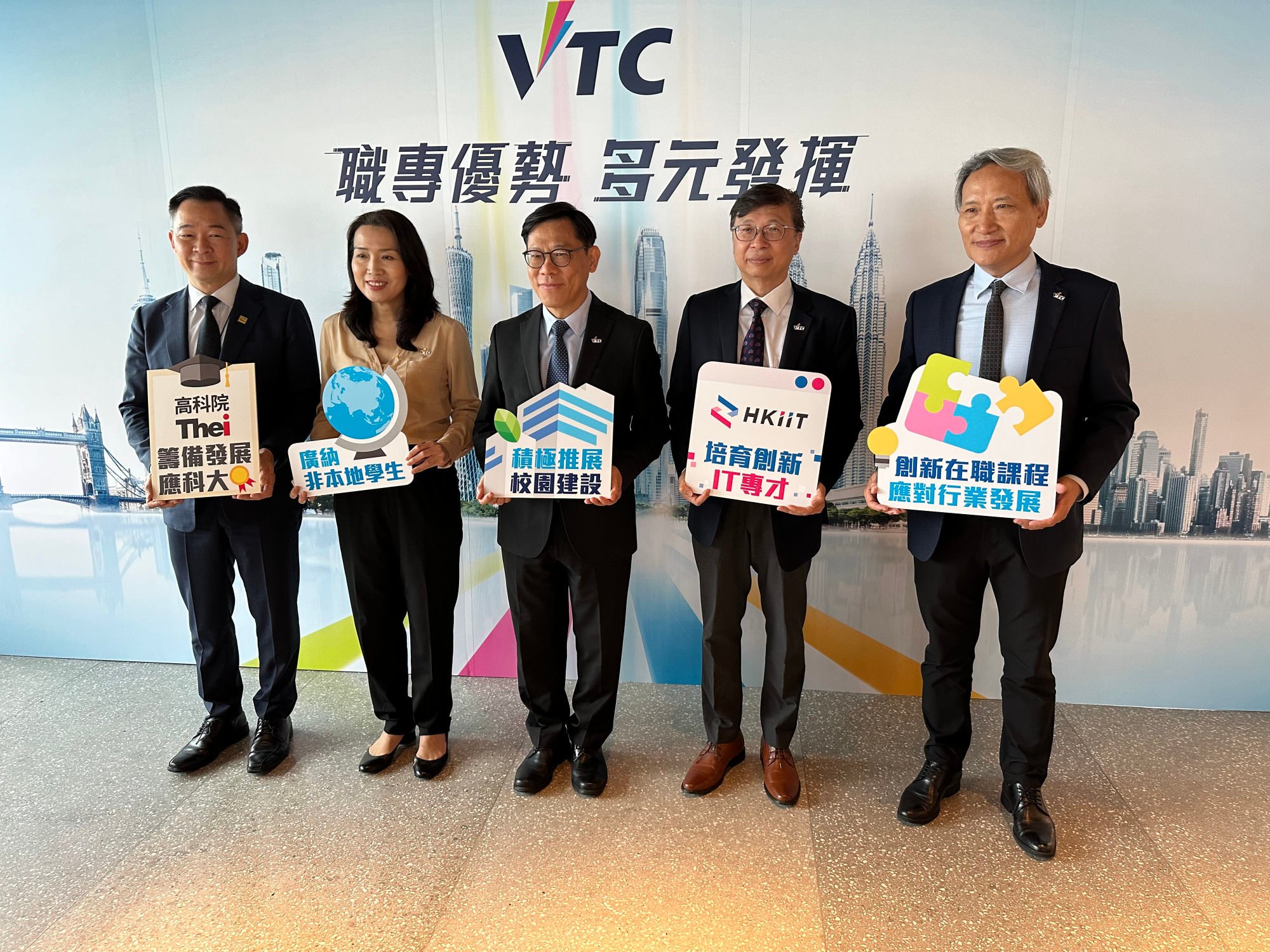
Hong Kong’s largest vocational training provider seeks to turn institute into university of applied sciences
- Technological and Higher Education Institute under Vocational Training Council is among four institutions to make known intention of becoming university of applied sciences
- Council to also launch professional diploma in dental hygiene care, second of its kind in city, in first quarter of next year
Hong Kong’s largest vocational and professional education and training provider has said one of its institutes will apply to become a university of applied sciences (UAS) in 2026 at the earliest.
The Technological and Higher Education Institute under the Vocational Training Council is among four institutions to have made known their intention of becoming a UAS since the government unveiled a plan for such set-ups last year. Hong Kong Metropolitan University officially obtained the status last month.

Council executive director Donald Tong Chi-keung said the institute, which was founded in 2012, was now applying for the programme area accreditation (PAA) status in three areas, one of the criteria needed before it could apply to become a private university and then a UAS.
If the institution obtains PAA status in the three areas – sports and recreation, architecture and environment, and computer science and information technology – it can launch relevant degree programmes without the need to seek external approval.
“Before the Hong Kong government announced the idea of universities of applied sciences, we were already working towards the goal of becoming one,” he said. “The year of 2026 is the earliest for us to apply. We are not here to do nothing, instead we are now preparing for the accreditation. We need to respect the mechanism.”
The institute has about 2,200 full-time students and offers more than 20 professional applied science degree programmes.
St Francis University has also announced it has applied to become a UAS, while Tung Wah College has also said it planned to apply for the status.
Enough to fix manpower crunch? Hong Kong pushes applied sciences universities
Tong also said the council would launch a professional diploma in dental hygiene care, the second of its kind in the city, in the first quarter of next year.
The dental hygienist course will be self-financed and take 18 months, which is half a year shorter than the one offered by the Prince Philip Dental Hospital. The total tuition fee will be HK$140,000 (US$17,870), according to Eric Liu Sai-Lok, the council’s deputy executive director.
A report compiled by a working group earlier found ancillary dental workers played an important role in the delivery of primary dental services, especially amid a shortage of professionals trained for the role.
To further address the city’s manpower crunch, the council has accepted non-local students since January for 27 designated higher diploma programmes in five professional industries suffering labour shortages under a two-year pilot government programme.
‘I’ll swallow my toothache’: Hong Kong’s dentist shortage leaves poor without care
The graduates are allowed to stay in the city to seek jobs upon graduation and will be eligible to apply for permanent residency if they live in Hong Kong for seven years.
Council deputy executive director Alaina Shum Jiu-fai said it had already received a few hundred applications and they were mainly from mainland China, adding the application deadline was July 7.
She said some courses, including aviation and logistics, aviation services and transport studies, and airport operations management, would be taught in Mandarin to cater to their needs.
The five designated industries covered in the scheme are: aviation; transport and logistics; innovation and technology; electrical and mechanical services; and building, civil engineering and built environment and maritime.

